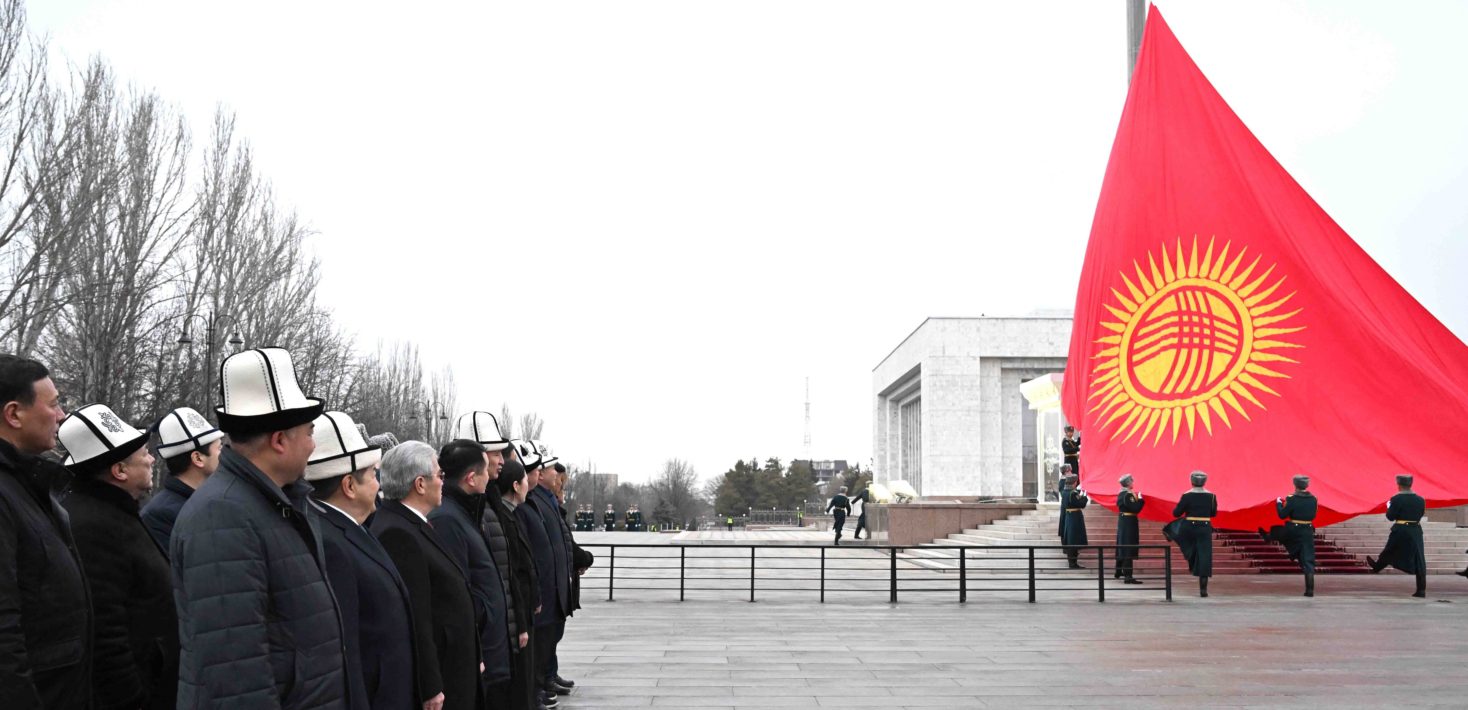Responding to a series of detentions of journalists affiliated with independent Kyrgyzstani media outlets and raids on their homes and offices, Maisy Weicherding, Amnesty International’s Central Asia Researcher, said:
“The actions of the Kyrgyzstani authorities represent a new overt attack on the right to freedom of expression and seriously undermine the country’s obligations under international human rights law. Dawn raids on journalists’ homes, detaining them under vague and overly-broad charges, and denying them access to legal representation, are worrying signs of an escalation in the crackdown on critical voices in Kyrgyzstan.
“The use of vague and unsubstantiated charges like ‘inciting unrest’ and ‘propaganda of war’ blatantly exposes the arbitrary nature of these criminal proceedings. The authorities in Kyrgyzstan must stop their repression of dissent and immediately and unconditionally free these journalists and all others who have been thrown behind bars solely for freely expressing their views and ideas.”
The authorities in Kyrgyzstan must stop their repression of dissent and immediately and unconditionally free these journalists and all others who have been thrown behind bars solely for freely expressing their views and ideas
Maisy Weicherding, Amnesty International’s Central Asia Researcher
Background
On 16 January, during a heavy-handed police operation, 11 journalists, including those associated with “Ait Ait Dese” and Temirov Live projects, were taken to the Ministry of Internal Affairs for interrogation. Among those targeted was Makhabat Tazhibek-kyzy, the wife of investigative journalist Bolot Temirov, who was previously expelled from Kyrgyzstan.
The 11 journalists are known for their past or current involvement with Temirov’s projects. Upon being brought in for questioning, they were denied access to a lawyer.
According to the Ministry of Internal Affairs, the mass searches and detentions were part of a criminal investigation into alleged “calls for active disobedience […] and for mass riots, as well as calls for violence against citizens” (Article 278(3) of the Criminal Code) stemming from non-specified “content on social media.”
On 15 January, law enforcement conducted a search at the 24.kg news agency in Bishkek, confiscating equipment and sealing the office as part of a criminal case under “propaganda of war” (Article 497 of the Criminal Code). The agency’s top management, including General Director Asel Otorbaeva and Editor-in-Chief Anton Lymar, were detained for questioning but later released. They were summoned for interrogation again on 17 January.
Amnesty International has documented the deterioration of the right to freedom of expression in Kyrgyzstan, including the closure or restriction of the activities of independent media outlets and the criminal prosecution of activists, including in the so-called “Kempir-Abad case.”


